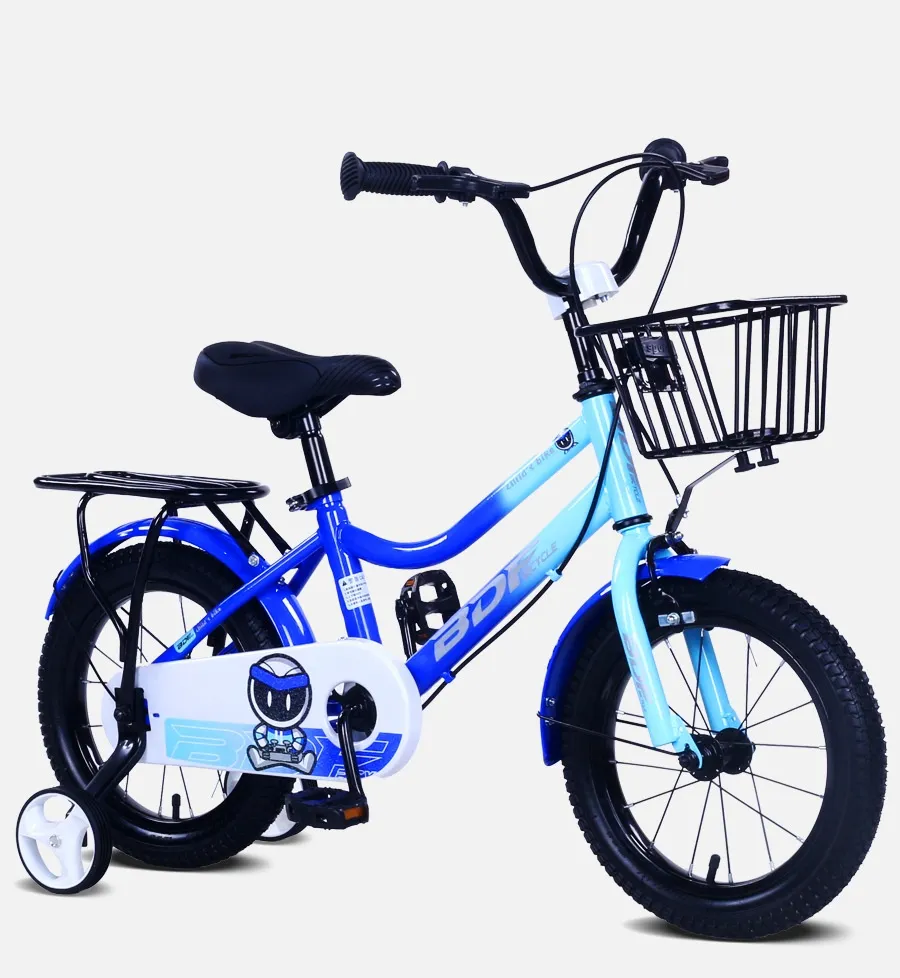Feb . 10, 2025 11:34
Back to list
electric motorcycle scooter
Navigating the intricate world of two-wheeled vehicles can be a daunting task, especially when it comes to distinguishing between mopeds, scooters, and motorcycles. While these vehicles might seem similar at a glance, they offer unique experiences, functionalities, and suitability for different lifestyles and riding preferences.
From a safety perspective, each of these vehicles offers different levels of protection and security. Mopeds, being the least powerful, may seem safer for beginners. However, their low speed can pose risks in high-traffic areas where maintaining pace with other vehicles is essential. Scooters, with their moderate power, are generally considered safe for both beginners and intermediate riders. Their design often includes protective features such as leg shields, which offer some degree of safety in urban traffic. Motorcycles, while equipped with advanced braking systems and safety features in newer models, require the rider to have a comprehensive understanding of safety practices, given their significant power. A critical aspect often overlooked is the cost of ownership. Mopeds are typically the most economical in terms of purchase price, maintenance, and fuel consumption. They are ideal for cost-conscious consumers seeking simplicity and efficiency. Scooters fall into an affordable range as well but can require more investment compared to mopeds, especially in models equipped with larger engines and more features. Motorcycles represent a wider spectrum of cost; entry-level models are accessible, but high-performance and luxury motorcycles can be significantly expensive, both in terms of upfront cost and maintenance. Legally, the requirements to operate each of these vehicles vary significantly. Many regions allow moped operation with a standard driver's license or a simple moped permit. Scooters often require a motorcycle endorsement, especially for larger engine models. Motorcycles typically demand a dedicated motorcycle license, obtained through rigorous testing and skill evaluation to ensure safe handling of such powerful machinery. In conclusion, choosing between a moped, scooter, or motorcycle requires a thorough understanding of personal needs, riding experience, and lifestyle goals. Mopeds are perfect for those who desire simplicity and efficiency within an urban environment. Scooters strike a balance by offering enhanced capabilities suitable for varied commutes. Motorcycles cater to those seeking adventure and an engaging riding experience. Each option offers a distinct set of benefits and challenges, shaped by the rider's expertise, financial capability, and desire for adventure or utility. Making an informed decision requires weighing these factors, ensuring that the chosen vehicle complements your lifestyle while fulfilling your travel and commuting needs efficiently.


From a safety perspective, each of these vehicles offers different levels of protection and security. Mopeds, being the least powerful, may seem safer for beginners. However, their low speed can pose risks in high-traffic areas where maintaining pace with other vehicles is essential. Scooters, with their moderate power, are generally considered safe for both beginners and intermediate riders. Their design often includes protective features such as leg shields, which offer some degree of safety in urban traffic. Motorcycles, while equipped with advanced braking systems and safety features in newer models, require the rider to have a comprehensive understanding of safety practices, given their significant power. A critical aspect often overlooked is the cost of ownership. Mopeds are typically the most economical in terms of purchase price, maintenance, and fuel consumption. They are ideal for cost-conscious consumers seeking simplicity and efficiency. Scooters fall into an affordable range as well but can require more investment compared to mopeds, especially in models equipped with larger engines and more features. Motorcycles represent a wider spectrum of cost; entry-level models are accessible, but high-performance and luxury motorcycles can be significantly expensive, both in terms of upfront cost and maintenance. Legally, the requirements to operate each of these vehicles vary significantly. Many regions allow moped operation with a standard driver's license or a simple moped permit. Scooters often require a motorcycle endorsement, especially for larger engine models. Motorcycles typically demand a dedicated motorcycle license, obtained through rigorous testing and skill evaluation to ensure safe handling of such powerful machinery. In conclusion, choosing between a moped, scooter, or motorcycle requires a thorough understanding of personal needs, riding experience, and lifestyle goals. Mopeds are perfect for those who desire simplicity and efficiency within an urban environment. Scooters strike a balance by offering enhanced capabilities suitable for varied commutes. Motorcycles cater to those seeking adventure and an engaging riding experience. Each option offers a distinct set of benefits and challenges, shaped by the rider's expertise, financial capability, and desire for adventure or utility. Making an informed decision requires weighing these factors, ensuring that the chosen vehicle complements your lifestyle while fulfilling your travel and commuting needs efficiently.
Latest news
-
Understanding Voltage in Battery for Children's Motorized CarNewsJun.05,2025
-
Safety Features to Look for in an Electric Car for KidsNewsJun.05,2025
-
How to Teach Your Child to Ride a Kids MotorcycleNewsJun.05,2025
-
How to Prevent Falls on a Balanced ScooterNewsJun.05,2025
-
How to Maintain Your 3 Wheeled Scooter for LongevityNewsJun.05,2025
-
Best Motorcycle Scooters for Urban CommutingNewsJun.05,2025
